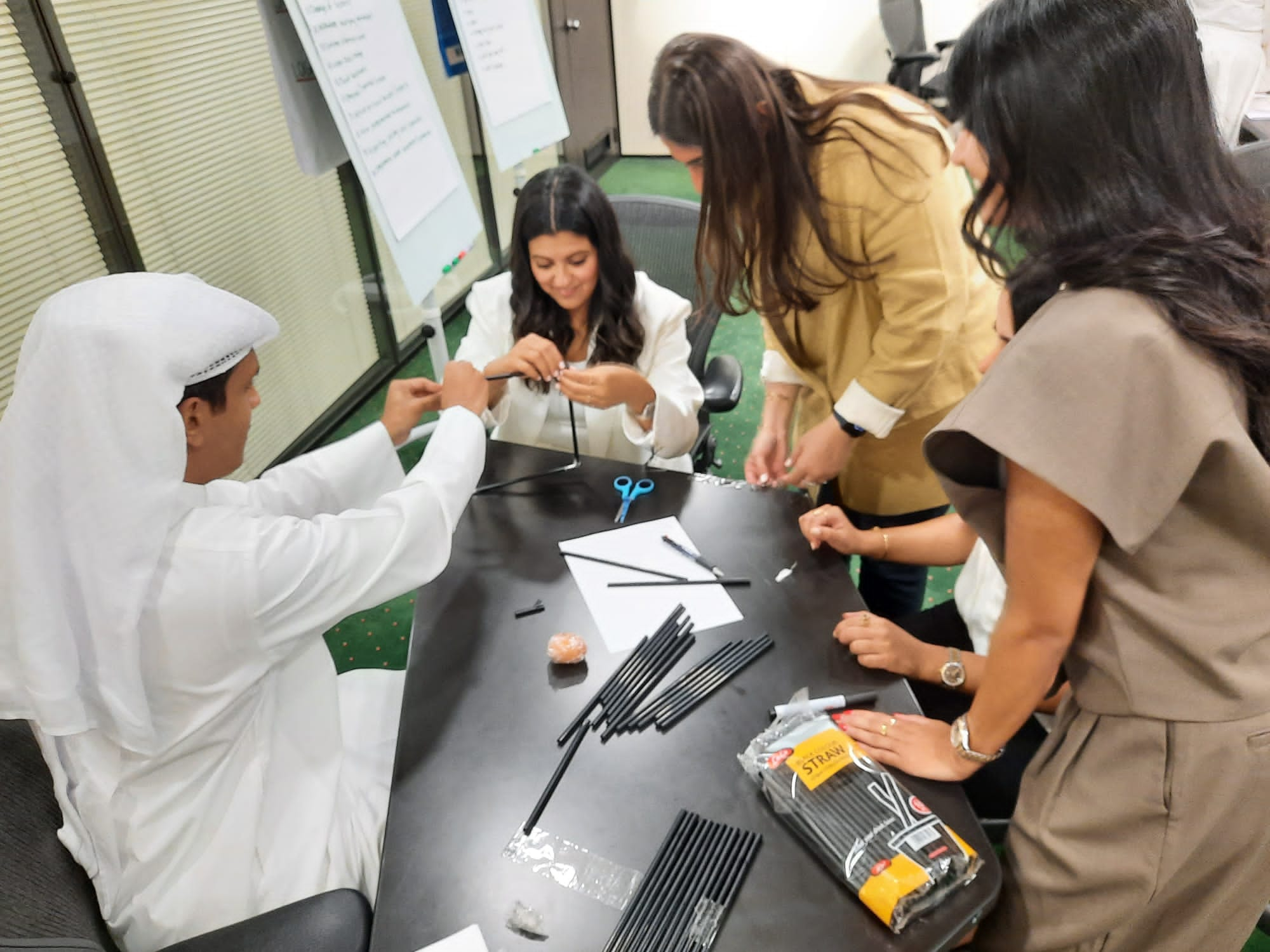Project Management Essentials Training
For Organisations Only
In-house training
- Face-to-face (flexible structure <15 people)
- Live virtual (flexible structure <15 people)
- With or without actors
- Fully customisable
Project Management Essentials – 3 days
This highly-regarded three-day Project Management Essentials course equips attendees with a comprehensive understanding of how to effectively plan and manage most projects. The program has been meticulously developed, drawing from extensive practical experience in project development and management.
Designed to accommodate various learning styles, the course is highly interactive, involving attendees in group discussions, individual exercises, case studies, and practical development. Throughout the program, participants work on individual or small group activities, applying the learning to their own projects as the course progresses. This hands-on approach ensures ample practice in applying tools and techniques before transferring skills back to the workplace.
Course Content
Day One: Projects Essentials & Planning
Explore project definition, objectives, and case studies for successful planning and execution. Learn about feasibility assessment, initial planning, and potential pitfalls.
Feasibility & Preliminary Planning
- Discover tools for assessing feasibility and participate in practical exercises using personal projects.
Project Manager & Stakeholders
- Understand the project manager’s role, stakeholder relationships, and perform a stakeholder analysis exercise.
Project Planning: Developing the Plan
- Create a list of activities and actions using course tools and techniques, with feedback from the facilitator.
Day Two: Advanced Project Management Techniques
Learn essential tools and techniques, such as critical path analysis, SMART objectives, and progress milestones.
Communication & Team Dynamics
- Develop tailored communication plans and strategies for maintaining motivation and collaboration within project teams.
Responsibilities & Accountabilities
- Learn effective delegation, role clarity, accountability, and project organization from the facilitator.
Managing Risk
- Identify, evaluate, and manage risks using various techniques and engage in a group exercise covering risk categories, objectives, common risks, mitigation strategies, and assessment techniques.
Course Summary
- Adopt advanced project management tools and techniques to anticipate challenges, capitalize on opportunities, and ensure successful project planning and execution.
Day 3: Project Completion & Closure
The kick-off meeting sets a positive tone and fosters commitment. Participants discuss ideas and plan a productive meeting.
Monitoring and Control
This session covers effective monitoring for early issue detection and resolution:
- Monitoring targets and personnel
- Progress communication
- Data management
- Handling plan deviations and communication
Project Closure
Two key steps:
- Celebrate success: Acknowledge achievements to encourage future projects.
- Evaluation: Reflect on accomplishments and challenges for future insights.
Project Progress Review
Participants share project plan feedback, with facilitator and peers providing input.
Course Summary & Action Plans
The facilitator reviews key learnings, addresses final questions, and encourages action plans for future implementation.
Let's get started...
Contact us with your availability for a call and we will send you a proposal, programme outline and quotation for your learning and development project.
Use Actors in Your Training
Through clever script writing, goose-bump inducing delivery and professional facilitation we can bring so much to life. We stimulate emotion, penetrate the long-term memory and create lasting change.
When using live drama, we are able to have the actors play out the scenario and then be hot seated for the audience to ask them questions whilst they remain in character. Hot seating works so well because actors work with a pre-rehearsed backstory, so they are able to respond in character. Meanwhile, they progressively reveal unexpected elements of their story that will not have previously been told. As a result, It can bust assumptions that the audience might have made based on the scenario (situation) but not fully understanding the impact at first sight.
Using actors in this programme enables us to bring to:
- See a typical situation from a different perspective
- Give attendees a chance to challenge the actors whilst they are still in character
- Demonstrate that things aren’t always what they seem at first glance
- Provide delegates with an opportunity to test out alternative ways of approaching different situations
- Create an experience which stays in the long-term memory
Case Study

Kuwait Fund for Arab Economic Development
Upskilling engineering, architectural and bio-medical graduates“I want to take the chance to thank you again for this wonderful course, it’s been my absolute pleasure and honour to be trained by you. I honestly learned a lot during this week, I hope we will keep in touch.”
READ CASE STUDY